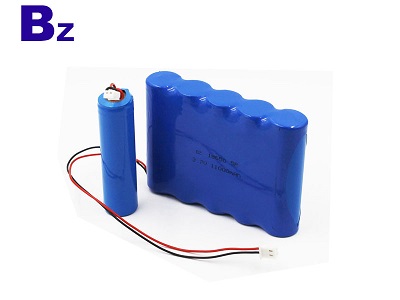1. Definition of Lithium battery
Definition: Lithium-ion battery is the use of lithium compounds as a positive electrode, graphite as a negative electrode, the positive and negative electrodes separated by electrolyte, through the conversion of electrical energy and chemical energy storage and release of electrical energy to achieve the role of the device.

2. Lithium battery classification
1) According to the battery positive chemical composition
Lithium manganate cylindrical battery (LiMn2O4)
Lithium cobalt oxide cylindrical battery (LiCoO2)
Lithium iron phosphate cylindrical battery (LiFePO4)
Ternary battery (Li-Co-Mn-Ni-O)
2) According to the battery discharge rate classification
Magnified battery (power cell)
Capacity battery (energy battery energy cell)
3 lithium battery applications
1) Portable communication devices: cell phones, PDAs, laptops, PDAs, mini video cameras, digital cameras, two-way radios, game consoles, portable DVD / VCD and MP3 players.
2) Motorcycles, electric motorcycle
3) Zero Emissions Vehicles: ZEV: Zero Emissions Vehicles
4) Low emission vehicles: HEV (Hybrid Emissions Vehicles)
5) Mobile communication power: satellite, mobile station
6) Standby Power: Utility telephone equipment needs to be equipped with backup power for its system. Small, decentralized backup power systems are more popular, especially when fiber optics replace normal wire systems.
7) Military equipment



